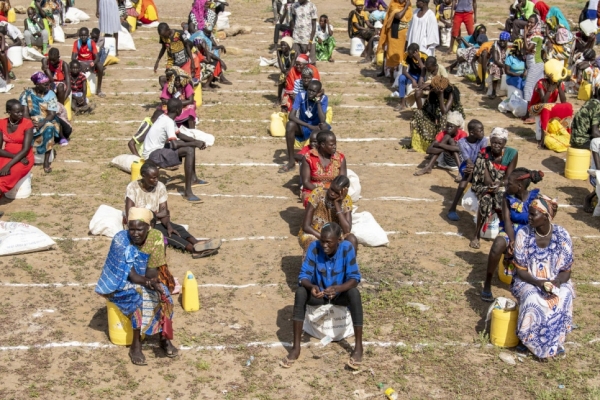1. Niger
Since March 2020, the United Nations High Commissioner for refugees (UNHCR) has registered thousands of persons fleeing their homes and villages caused by military operations launched by Niger against armed groups in border regions. The clashes in Niger’s Tillaberi region have forced more than 4 000 people to flee to Mali in April. Aissatou Ndiaye, Deputy Director for UNHCR’s Bureau for West and Central Africa, expresses concern about the consequences of this large-scale movement amid the coronavirus pandemic. Moreover, the World Health Organization’s coordinator for Africa warns about a new outbreak of polio reported in late April as mass vaccination campaigns have been suspended due to the coronavirus. To prevent a further proliferation of the virus, the United Nations Children’s agency has trained over 500 health workers and has provided hand sanitizing devices to healthcare facilities in areas affected by violence.
To learn more:
https://news.un.org/en/story/2020/04/1062482
https://www.thenewhumanitarian.org/news/2020/05/07/coronavirus-humanitarian-aid-response
https://www.msf.org/working-communities-niger-during-covid-19-pandemic
2. Kenya
Currently, Kenya hosts over 400 000 refugees, mainly escapees from conflicts in neighbouring Somalia and South Sudan, in the Dadaab and Kakuma refugee camps in the North-West of the country. So far, no cases of coronavirus infections have been identified in the camps but the poor sanitation facilities and the lacking access to healthcare could accelerate the spreading of the virus. UNHCR has long warned that an outbreak of COVID-19 in these densely populated refugee camps would be catastrophic, especially at the Dabaad camp “with a quarantine capacity for only 2 000 persons and only one dedicated COVID-19 health facility for more than 270 000 persons”. UNHCR staff have commenced implementing life-saving practices to prevent the spread of the disease and create extra water points while the World Food Programme changed the distribution mechanisms for food to reduce exposure risks.
To learn more:
https://www.thenewhumanitarian.org/news/2020/04/14/kenya-kakuma-refugee-camp-coronavirus
https://insight.wfp.org/business-unusual-in-kenyas-refugee-camp-b2b36c3f1ea1







